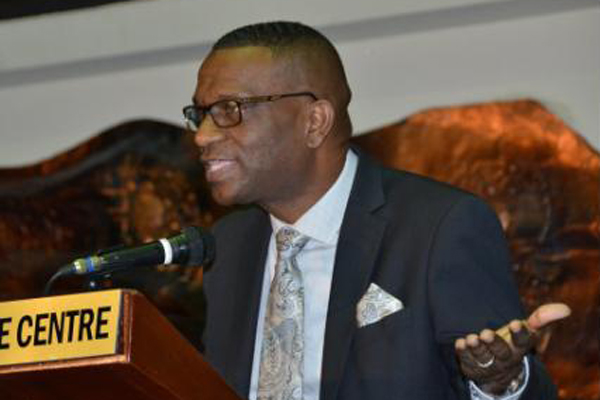(Jamaica Gleaner) President of The Mico University College Dr Asburn Pinnock estimates that nearly 30 per cent of the country’s children have a special need and is, therefore, hoping that a diagnostic centre in each parish will soon become a reality.
“While we claim that here in Jamaica 15 per cent of our children are special needs, we have seen evidence that this figure might be closer to 30 [per cent], which we would agree is a really alarming figure,” he said.
Pinnock made the disclosure during Mico’s Child Assessment and Research in Education (CARE) Centre’s Seventh Biennial Education Conference opening ceremony at the Jamaica Conference Centre on Wednesday.
He said that all hands are needed on deck to ensure that these children are not left behind.
“We need every single input as we seek to maximise all opportunities that would lead to growth and development. We endeavour to find a way to ensure that everyone has a chance to reach his/her full potential,” he said.
The conference is one of the main platforms used to address issues affecting learning in the classroom. The Mico CARE Centre is currently the leading institution for the assessment and diagnosis of special-needs children in Jamaica and the English-speaking Caribbean.
State Minister in the Ministry of Education, Youth and Information Floyd Green noted that although the curriculum developed by the ministry was now more focused on children with moderate to profound intellectual disability, much more was needed to ensure that their needs in the classroom were being met.
“We need to ensure that every teacher leaving teachers’ college are able to at least identify our children who are in need of special intervention,” he said.
“Part of the difficulty that we have right across the system is that when you assess the students, when you recognise that they need intervention, oftentimes, there is nowhere for them to get that dedicated intervention,” he said.

